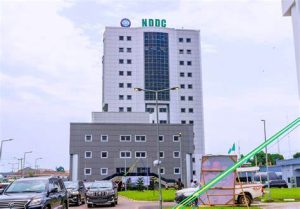
New international research reveals severe damage to land and water, threatening local communities’ health and livelihoods.
A recent international study has uncovered extensive environmental harm in the Niger Delta due to numerous oil spills. The pollution has devastated local ecosystems, posing serious risks to the health and livelihoods of the region’s inhabitants.
An international study has revealed that the Niger Delta, once rich in natural beauty, has suffered severe environmental damage from countless oil spills. This pollution has destroyed local ecosystems, putting the health and way of life of the people at great risk.
The study highlights that oil exploration and spills have led to widespread contamination of the land and water in the Niger Delta. This has resulted in the loss of fertile soil, death of fish and wildlife, and pollution of drinking water sources. The local communities, who depend on farming and fishing, now face serious health issues and struggle to make a living.
Despite efforts to clean up the spills, progress has been slow. The Hydrocarbon Pollution Remediation Project (Hyprep), the Nigerian agency responsible for the cleanup, has been criticized for incompetence and corruption. Reports indicate that Hyprep awarded contracts to inexperienced companies and blocked auditors from verifying work completion. Many contractors were owned by politicians, leading to further issues of accountability. As a result, the land and water remain heavily polluted, and the local communities continue to suffer. apnews.com
The study calls for immediate and effective action to address the environmental disaster in the Niger Delta. It emphasizes the need for proper cleanup efforts, enforcement of environmental regulations, and support for the affected communities to restore their health and livelihoods.
Source: The Irish Times






